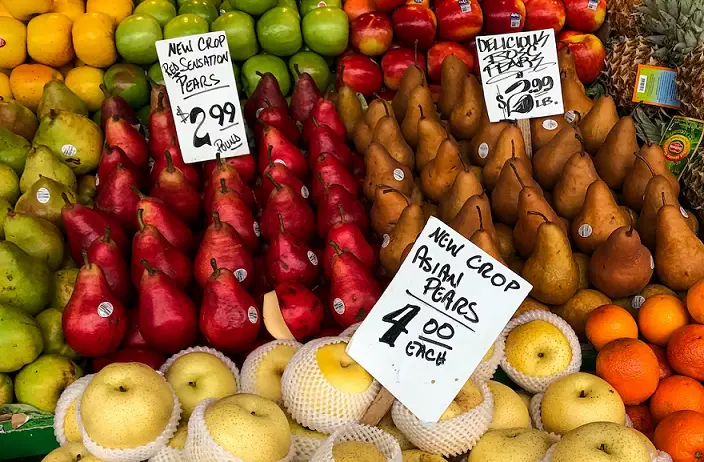On Tuesday, Bloomberg reported that in Britain, grocery inflation has begun to ease, with two separate surveys indicating that food price inflation may finally be on the downswing from its peak.
Data from market-research company Kantar showed that for the third consecutive month in June, food price inflation declined, although it remained elevated at 16.5%, down from the 17.2% it registered the prior month.
Kantar reported that inflation remains at the sixth highest level since the 2008 global financial crisis, with the biggest price increases showing up in eggs, cooking sauces, and frozen potato products.
In another report by Lloyds Bank, it was shown that for the first time since 2016, food production costs in the UK fell in May.
In April, price inflation in the grocery measurement hit 19.1%, marking the highest reading in over 45 years, according to data from the Office of National Statistics (ONS).
Bank of England Governor Andrew Baily noted inflation could take longer than expected to ease.
Fraser McKevitt, head of retail and consumer insight at Kantar, said, “The ongoing squeeze is clearly weighing on the nation’s mind. Of the top five financial worries that consumers have, rising grocery prices is the only one that they are more concerned about now than at the start of this year.”
A Lloyds’ survey which tracked the costs for food and drink producers showed costs declining for the first time in over seven years. However Annabel Finlay, managing director of food, drink and leisure at Lloyds Bank Commercial Banking, noted that, “it will still take some time before we see the benefit in terms of shelf prices.”
She added, “This is, in part, due to the long-term nature of contracts between the manufacturers and retailers, as well as the broader segments of the production chain.”
In the meantime, British officials met with supermarket bosses, looking to negotiate price reductions, promising them that any plan they develop to help lower prices for consumers will be voluntary.
A week ago, Ken Murphy, CEO of Tesco, the biggest supermarket chain in Britain, noted that he was seeing some signs of grocery inflation cooling after his company reduced the prices of bread, pasta, and broccoli, however he admitted, “it’s unlikely that prices will return to where they were.”

